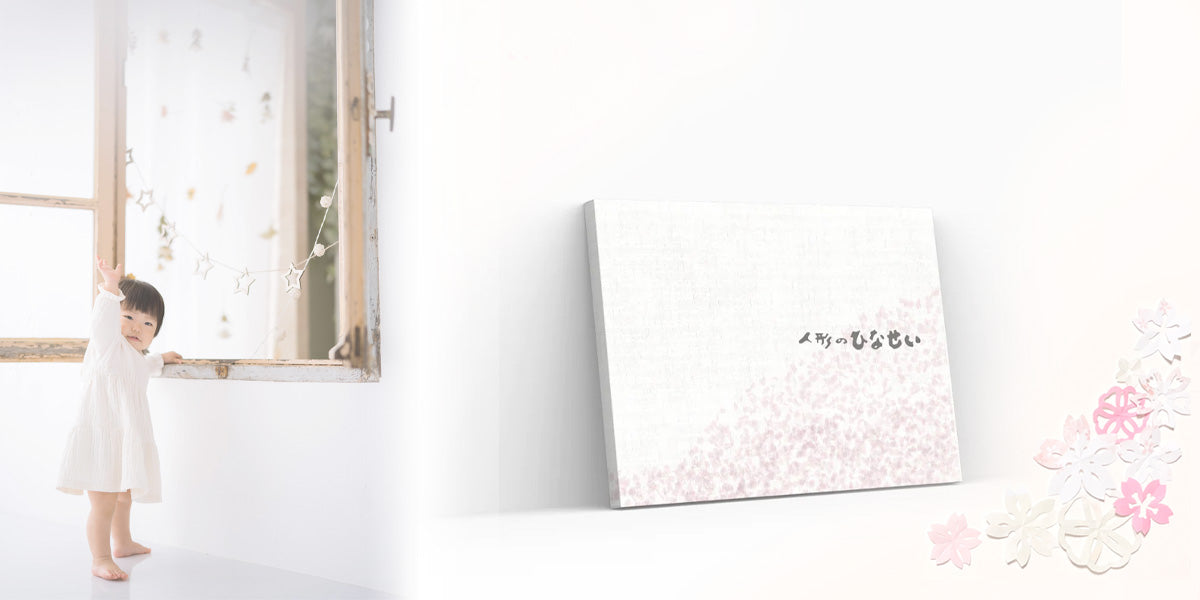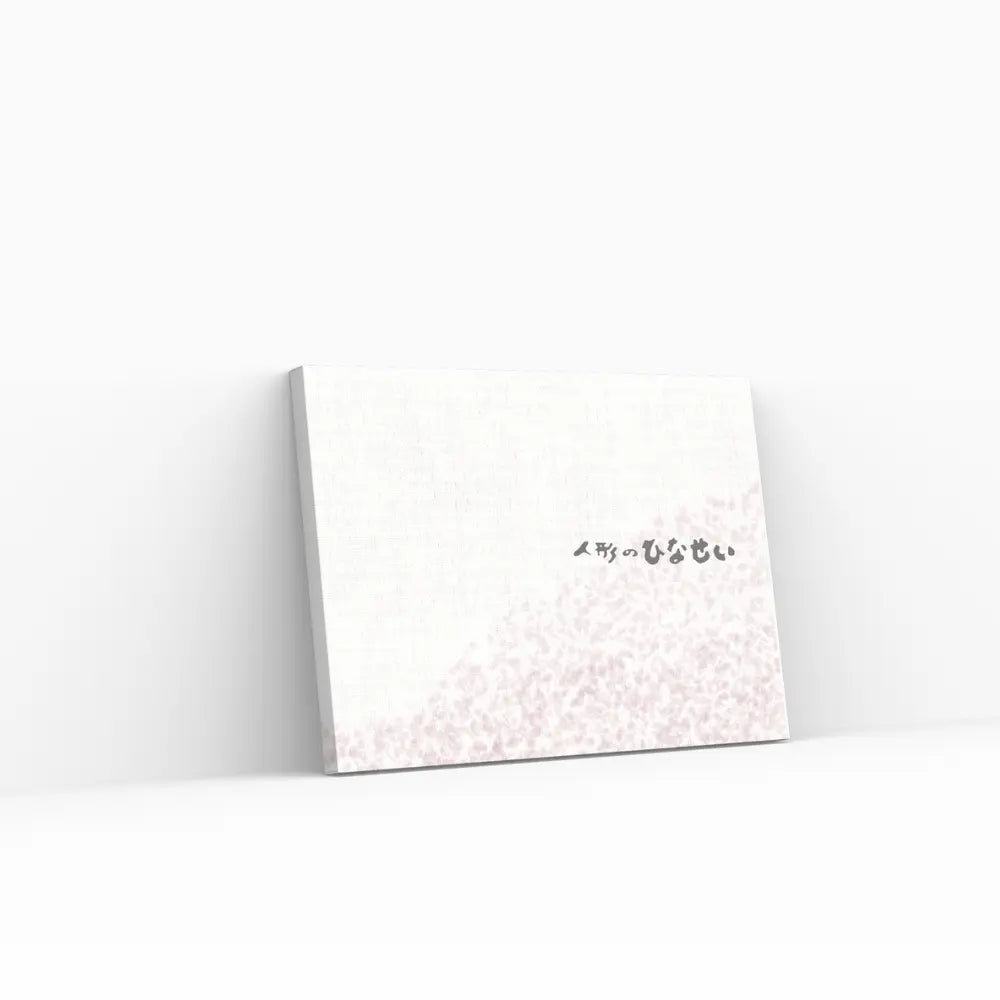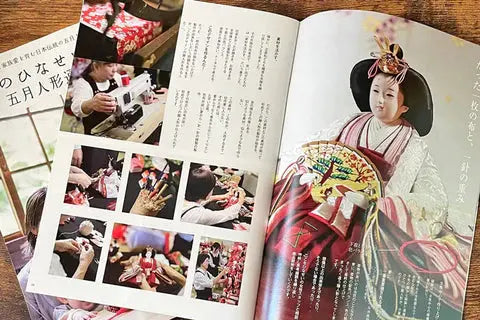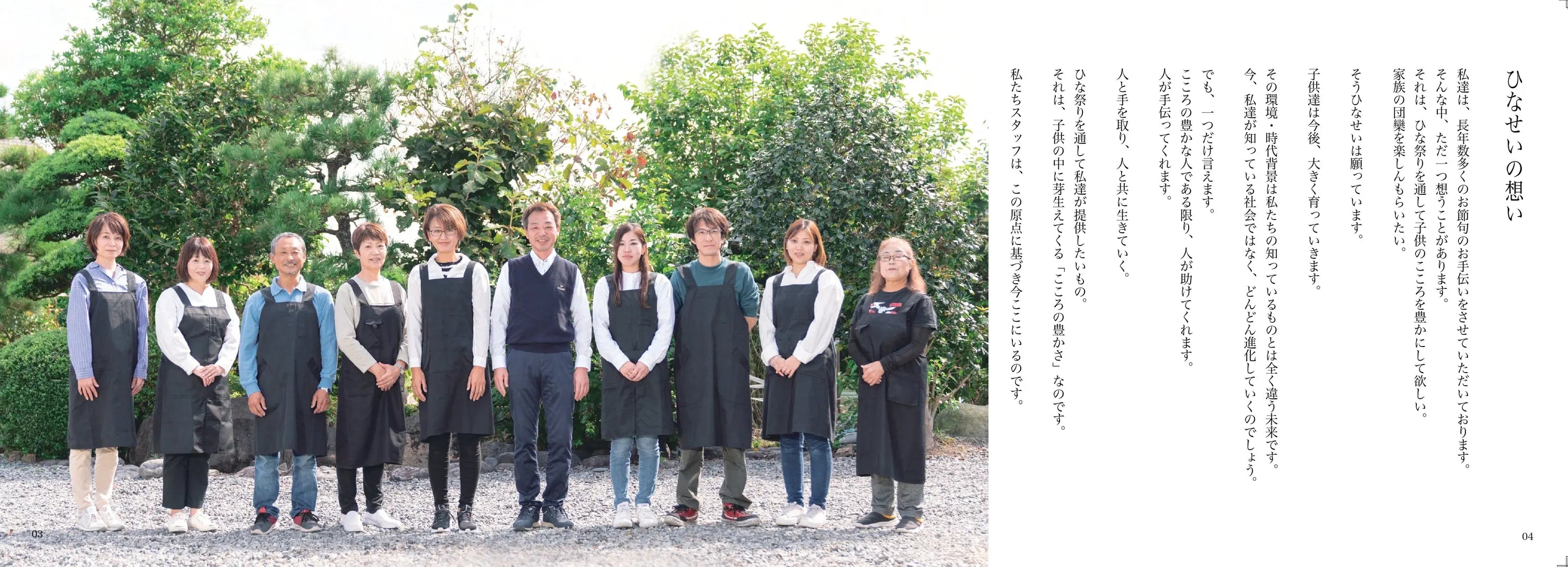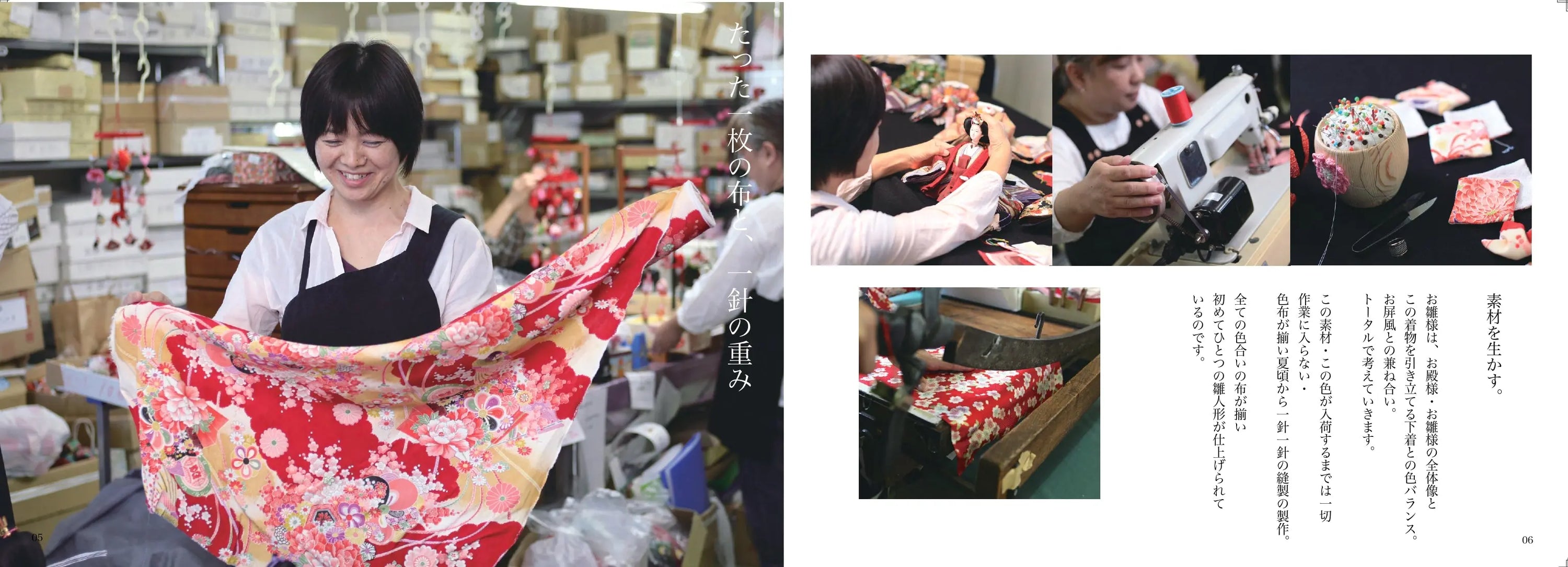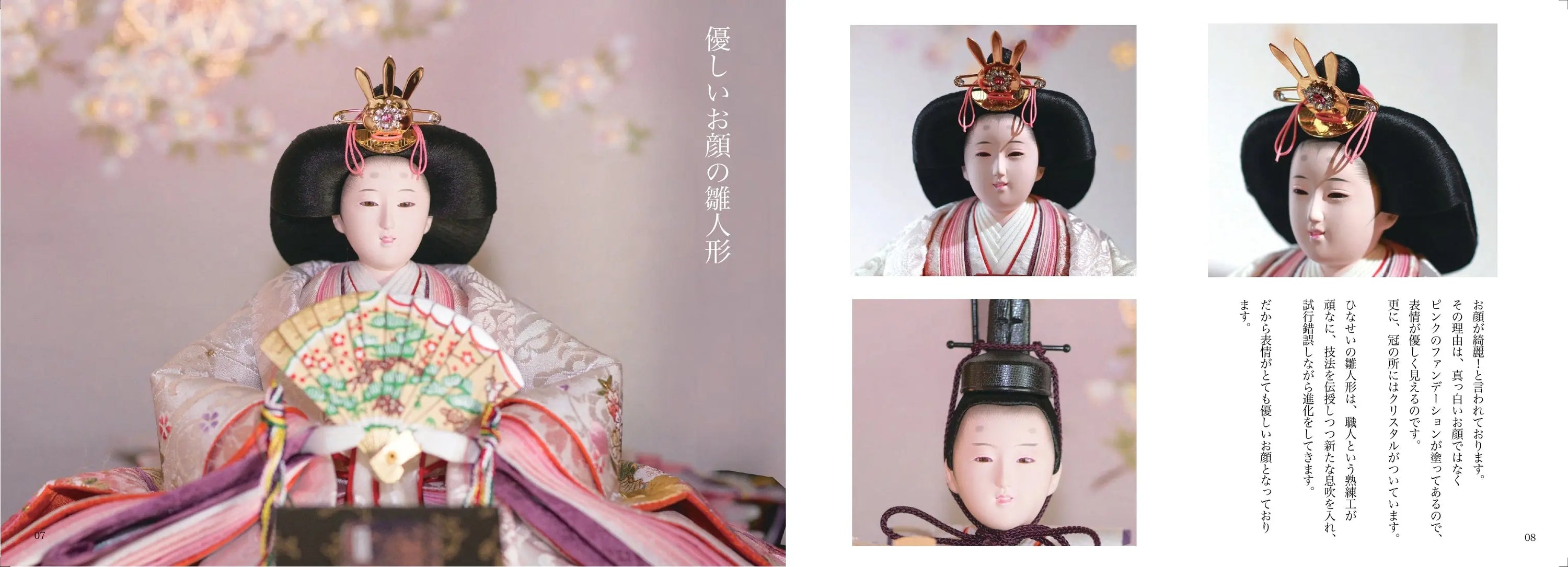What is Culture Day? Enjoy traditional Japanese events, history, and culture in 2025
There is a national holiday called " Culture Day " in November, when the leaves turn deep red and you can really feel the autumn. 
On Culture Day, events unique to Culture Day are held all over the country.
Learn a little about the meaning, origins, and how to spend this Culture Day event.
Make this holiday a special day for you.
If you found this helpful, I would appreciate it if you could "share" it.
Also, if you want to know about other annual events, customs, and festivals in Japan,
" Learn more about traditional Japanese cultural annual events "
---- table of contents ----
Click below to jump
2. When is Culture Day?
~A thorough explanation of the reasons and meaning~
3. How to spend Culture Day ~National events and school events~
5. Free Museums and Art Galleries - How to Enjoy Special Open Days
6. Visiting famous places and traditional crafts ~ Recommended Culture Day events ~
7. Cultural events that can be enjoyed all over the country - The appeal of art festivals
8. Free Museums - Must-Visit Places on Culture Day
9. Local Events and Citizen Participation : Experience Japan through Culture Day
10. School Festival and Culture Day : The Significance and Appeal of School Events
11. Culture Day and the Emperor's Birthday : A Look at the Historical Background
1. Exploring the origins of Culture Day and Japanese traditions: its historical background
The origin of Culture Day and Japanese traditions
Culture Day is a national holiday in Japan established in 1948.
This day originates from November 3rd , the birthday of Emperor Meiji, and was established as a day to "love freedom and peace and promote culture ."
On Culture Day, cultural and artistic events are held all over the country, allowing people to rediscover Japanese traditions and culture.
The Order of Culture, awarded on Culture Day , is a prestigious award given to individuals who have contributed to the development of culture and academia.
This day will provide an opportunity to think deeply about how Japanese culture is being passed down to modern society.

2. When is Culture Day? A thorough explanation of its reason, meaning, and significance
When is Culture Day? Its reason, meaning, and significance
Culture Day is celebrated every year on November 3rd .
This date originates from the birthday of Emperor Meiji and was established as "Culture Day" after the war.
The background to its enactment was the intention of postwar Japan to establish a new identity as a peaceful nation.
This day calls for the celebration of culture and learning and the preservation of these for future generations .
With many citizens participating in cultural activities, the entire society is able to share cultural values and reaffirm the importance of peace.
3. How to spend Culture Day: Introducing Japanese school events and events across the country
How to spend Culture Day
On Culture Day, schools across the country hold school festivals and cultural festivals , where students showcase their achievements.
These events also provide an opportunity to deepen interactions with the local community, attracting many citizens. Also, don't miss the traditional events and festivals held all over the country.
For example, there are many cultural events held here, such as art festivals and traditional craft exhibitions, allowing you to enjoy Japanese culture from many different angles .
There are many events held here that are perfect for families, and Culture Day is a great opportunity to experience Japanese culture.
4. The importance and background of the Order of Culture Award Ceremony held on Culture Day
The Importance and Background of the Order of Culture Ceremony
The Order of Culture Award Ceremony , held on Culture Day, is an important ceremony to honor individuals who have made significant contributions to the development of culture and academia.
This medal, awarded directly by the Emperor, is considered one of the highest honors in Japan .
The award ceremony will be held at the Imperial Palace in Tokyo and will be widely covered on television and in newspapers.
This ceremony allows us to reaffirm how much importance is placed on culture and scholarship in Japanese society.
Learning about the achievements of the award recipients also provides a deeper understanding of cultural diversity and its importance .

5. Special Free Openings of Museums and Art Galleries on Culture Day
Free museums and art galleries
On Culture Day, many museums and art galleries are open to the public for free, making it a great opportunity to visit facilities that you might not normally have the chance to visit.
In particular, famous national museums and art galleries host special exhibitions where visitors can view precious cultural treasures and works of art .
This will allow many people to experience and reaffirm the value of Japan's rich cultural heritage .
Also, because it is free to the public, it is crowded with many families and tourists, and you can really feel that Culture Day is an important day for the nation.
6. Visiting Japan's famous sites and traditional crafts: Recommended Culture Day events
Japan's famous places and traditional crafts
Culture Day is a great opportunity to experience local crafts, with traditional craft exhibitions from all over Japan.
These events not only feature the display and sale of beautiful crafts made by artisans , but also include workshops where participants can try their hand at making crafts.
You can also experience Japanese culture on a deeper level by visiting famous places and tourist sites related to traditional crafts.
Through these experiences, you can learn about the depth of traditional Japanese techniques and understand the importance of passing them on to the next generation.

7. Culture Day Arts Festival: The appeal of cultural events enjoyed across the country
Culture Day Arts Festival
On Culture Day, art festivals are held all over the country, featuring events in various artistic fields such as music, theater, and film.
These arts festivals play an important role in revitalizing local cultural activities , with the participation of local artists and organizations .
In addition to participating as an audience member, you can also take part in the creative process yourself through workshops and experiential events.
The Culture Day Arts Festival is a great opportunity to experience the diversity of Japanese culture and rediscover its charm.
8. Must-visit museums on Culture Day: Don't miss the free admission and special exhibitions
Must-visit museums
On Culture Day, museums and art galleries across the country hold special exhibitions .
On this day, many valuable documents and works that are not normally open to the public are exhibited, making it well worth a visit.
Also, since many of these facilities are open to the public free of charge, it becomes easier to visit facilities that are normally difficult to access.
This is a great opportunity to deepen your knowledge, especially for those who are interested in history and art , so why not take advantage of Culture Day to plan a museum tour ?

9. The Significance of Local Events and Citizen Participation: Experience Japan through Culture Day
Community Events and Public Participation
On Culture Day, various local events are held all over the country.
These events range from markets showcasing local specialties to performances showcasing traditional local performing arts.
There are also many events that involve the participation of local residents , where you can see local people coming together to celebrate Japanese culture.
These events strengthen community ties and provide an opportunity to experience Japan's diverse cultures up close .
Enjoy Culture Day by participating in local events with your family and friends.
10. School Festivals and Culture Days: Their Significance and Appeal as School Events
School Festival and Culture Day
School festivals and cultural festivals , held at many schools on Culture Day, are an opportunity for students to showcase the results of their hard work over the past year.
These events play an important role not only within the school but also as a forum for interaction with the local community .
Local residents can also participate, deepening the connection between the school and the community and providing a valuable opportunity to share culture with the entire community.
In addition, since students are proactive in planning and running the event , it also serves as an opportunity to develop leadership and teamwork skills.
Come to a school festival and experience the energy and creativity of young people.

11. Explaining the relationship between Culture Day and the Emperor's Birthday: A look into the historical background
Culture Day and the Emperor's Birthday
Culture Day originates from the birthday of Emperor Meiji, but before the war this day was celebrated as "Meiji Day."
With the implementation of the postwar Constitution, Culture Day was newly established and became a day symbolizing freedom and peace .
Meanwhile, the Emperor's Birthday is a separate holiday celebrated to coincide with the birthdays of Emperor Showa and the current Emperor.
This allows Japanese holidays to respect both culture and history .
Let's use Culture Day as an opportunity to understand this historical background and reaffirm Japan's cultural values.
12. Summary: How to spend Culture Day and recommended Japanese events
Summary: How to spend Culture Day
Culture Day, a Japanese event, is a national holiday celebrated on November 3rd and is beloved by the Japanese people.
This is a day to celebrate Japan's unique culture. Events such as the Order of Culture award ceremony and school festivals are also held on this day.
Additionally, local areas hold unique cultural exchange events and activities, and museums and art galleries sometimes offer free admission.
There will also be an exhibition of traditional Japanese crafts.
By participating in this event that allows you to experience this uniquely Japanese culture that has been cultivated since ancient times, you can rediscover the good things about Japan.
Don't miss this opportunity to experience the Japanese atmosphere once again.




